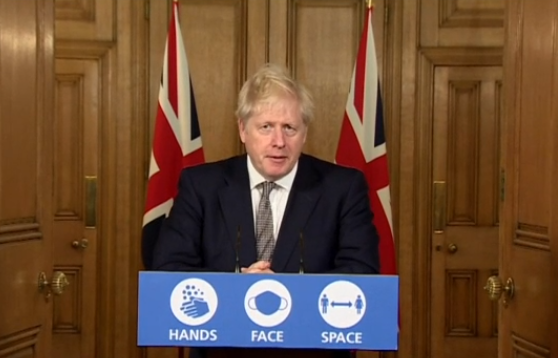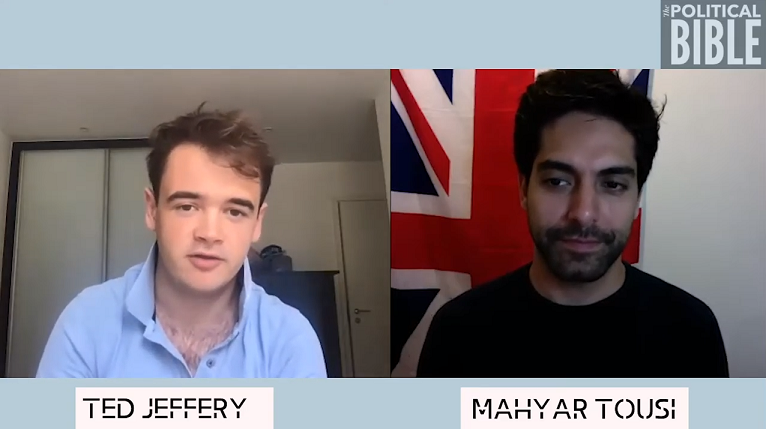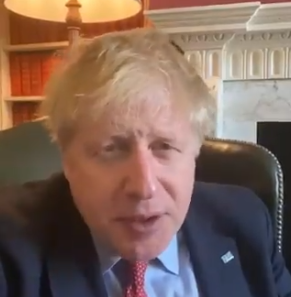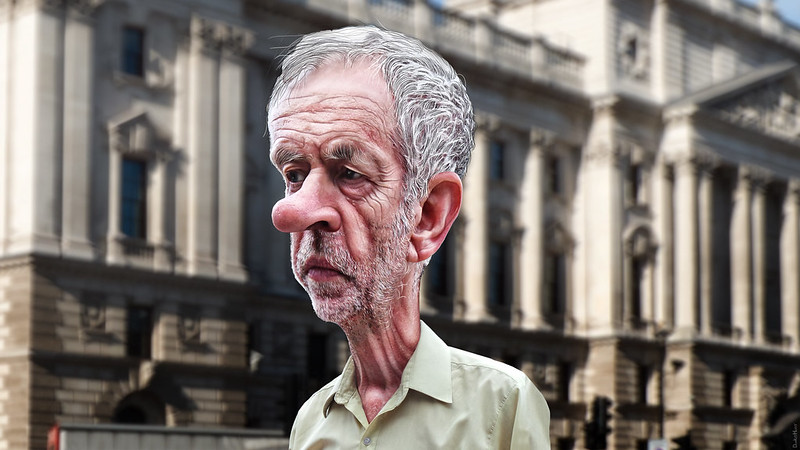22 May 2019 | OPINION
Whilst we sit around questioning our democracy and party allegiance, there doesn’t seem to be much thought spared for our European counterparts or how they see us. Do they think we are a cohort of single-minded “Rule Britannia” colonialists? Or are we just a bunch of bumbling Borises who make for a spot of light entertainment when the rest of the world isn’t busy worrying about Trump’s antics?
Felix Kehrel is a 20-year-old political activist from Germany, and he is associated with the youth wing of Angela Merkel’s party, the Christian Democratic Union of Germany. He spent most of his education as a student at the Scottish boarding school, Fettes College. Often nicknamed ‘the Eton of the North’, Fettes was Felix’s home for five years. It therefore only seemed natural that he and other international students at Fettes viewed Britain as their second home.
It was during his time at boarding school that the EU referendum took place. Kehrel says: “Even though the school was divided when it came to Brexit, everyone was under the impression the Remain side would win.” He goes on to mention that when he woke up on the morning of June 24th, he and other students felt “disheartened” – not by the UK as whole, but because of “young people failing to stand up for their future”.
A few years down the line, Felix believes that Europe can learn a great deal from what’s been happening, not just in the UK but in the US as well. When looking at the political significance of Donald Trump and Brexit, Felix feels that “reactionary politics” can teach us a lot about contemporary politics within Europe today. He says: “When it comes to elections, it’s not about the right or left any more, it’s much more about globalisation. It’s about Remainers who embrace globalisation and Leavers who fear it.”
Marion van Renterghem has just finished writing a book on nationalism and populism in Europe, having written about Brexit for Vanity Fair and The New European. She is a self-proclaimed “Brexit addict”. Morever, despite the rise of Eurosceptic parties such as the Alternative für Deutschland (AfD) and Marine Le Pen’s Ressemblement National, Marion doesn’t believe the appetite for a ‘Frexit’ or ‘Deutschleave’ is still there. She talks about the “Brexit chaos” and the “pure madness” being the sole reason for parties in France, Germany and Italy being put off the idea of leaving the European Union.
Like many Europeans, Marion feels as though Britain has made a mistake, and that although she’d ideally like to see it reversed, she believes there is no way back at this stage. Marion may have good relations with the likes of ‘People’s Vote’ champion Alistair Campbell; however, she is keen to point out that a ‘second referendum’ at this point would only end up with the Brexit side winning again.
Also, as a well-respected French journalist, Marion has held meetings with both the French President, Emmanuel Macron, and the Chancellor of Germany, Angela Merkel. She says: “Both leaders are frankly fed up with Brexit, and Macron especially would not like to see a second vote.” For Marion, it’s a straightforward case of ‘let’s see what happens’, and hopefully Britain can return to the EU once a new, younger generation gets into government.
Italy is a country that knows all too well about populist quakes. Ever since Luigi Di Maio and the ‘Five Star Movement’ found their way into a coalition, Italian politics hasn’t stopped bringing up the subject of ‘Italexit’.
Antonello Guerrera is the London Correspondent for Italian newspaper La Repubblica. He’s talked candidly about the difficulties of trying to comprehend the “endless riddles of Brexit” for an Italian audience. He says: “You have to be extremely precise when reporting on it; however, it is the most exciting thing to witness from a journalistic point of view.” Unlike Marion and Felix, Antonello doesn’t have a passionate view about whether or not the UK should stay within Europe. However, he says: “I’ve never seen such a political mess in my whole life.” He only views Brexit from a journalist’s point of view, rather than through the eyes of a citizen.
Despite the different degrees of passion over Britain’s departure, the one topic that brings the three together is that of tribalism and the notion of Brexit – and even Donald Trump in America – being the root cause for the rise of populism throughout Europe. On the other hand, it seems that in spite of all the uncertainty the UK might be experiencing, according to Antonello, most Europeans find the whole situation extremely amusing.

























